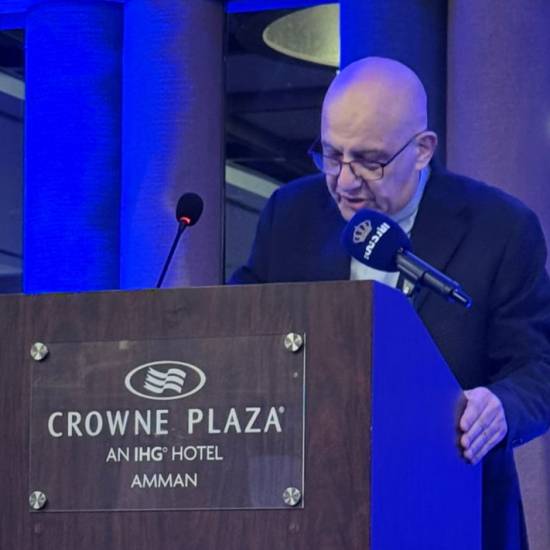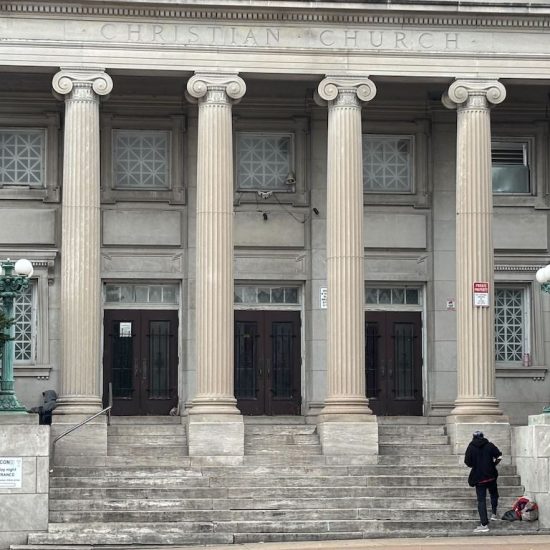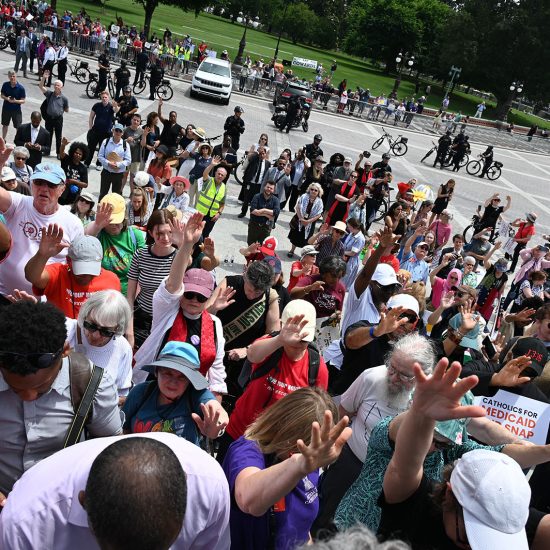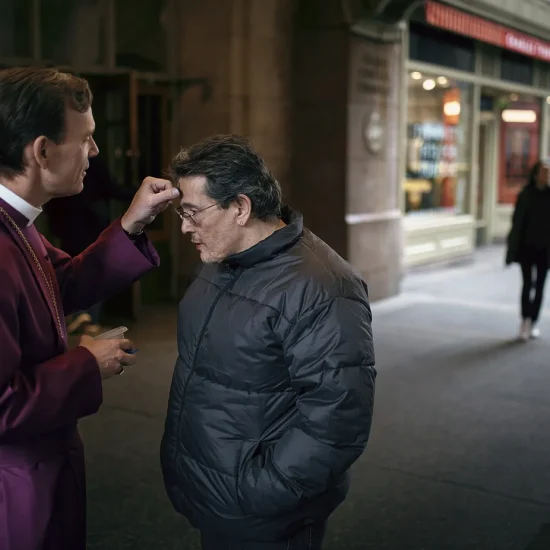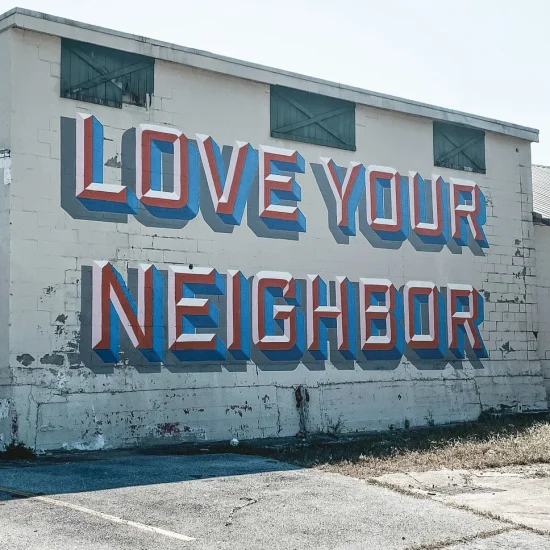As I have for several years, last month I traveled for the annual gathering of the Baptist World Alliance. I love going to worship with Baptists from about 50 nations. I learn about other countries and God as I listen to different Baptists. And I always find exciting stories to write.

Brian Kaylor
But this year, many of my friends found it hard to believe I was really working as we gathered in the Bahamas. I figure if God needs someone to serve for a week in the Caribbean, my response should be, “Here I am; send me!” But, predictably, the ribbing soon started on Facebook.
“Suffering for Jesus,” a board member commented.
“Serving there is just the cross you will have to bear,” a former professor wrote — although he first wrote “bare” (instead of “bear”), I decided against surrendering all for Jesus that way.
“Practicing baptism?” a minister joked on a photo of me in the ocean.
Ha, ha, guys. I promise I worked. In fact, I work harder during BWA weeks than just about any other of the year as I write notes for articles, take photos, record podcasts and videos, livetweet sessions, participate in committee meetings, and occasionally even sleep.
But, yes, I did hop in the ocean each day — although often it had to be before 7 in the morning or after 8 at night just to get in for at least a bit. I try to experience the culture of where we go so I can learn about the host country and people. In the Bahamas, that means the ocean. And it also meant visiting the national Parliament and Supreme Court, an old slave market, several Baptist churches, a couple old British forts, and more.
To experience the Bahamas, one needs to taste the salty water while swimming, but just hanging out on the beach doesn’t count as really visiting the Bahamas. This is a country, after all, where income inequality means most citizens can’t afford to spend a week at one of the lush resorts on their islands — unless they enter a gated resort as an employee.
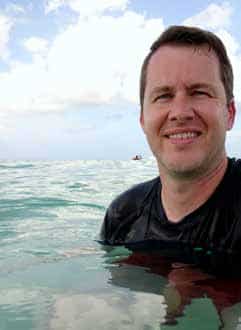
“To experience the Bahamas, one needs to taste the salty water while swimming, but just hanging out on the beach doesn’t count as really visiting the Bahamas.”
Although the economy of the Bahamas is growing faster than that of the U.S., its income inequality is greater. That is, wealth is more concentrated into the hands of just a few people in the Bahamas. And some of those wealthier hands are the descendants of the slave owners who used to rule the islands (many of whom fled there from the U.S. following the Revolutionary War since they had sided with the British). The descendants of those brought to the islands in chains are free but still suffering from lingering consequences of that economic oppression.
And it’s getting worse. Income inequality in the Bahamas is growing, as is the poverty rate. The unemployment rate is three times that of the United States, and the average income is less than in the United States even as basic goods cost more due to the need to import most things.
Timothy Stewart, pastor of the oldest Baptist church in the Bahamas — which was started in 1790 by two men formerly enslaved in the United States — talked about the disconnect between the economic reality and the resort image of the Bahamas when I interviewed him for an episode of our “Baptist Without An Adjective” podcast. Stewart, who is the first non-U.S. president of the Progressive National Baptist Convention, explained the “inherent challenges” of ministering in “a tourist destination.”
“Hardly anyone takes a tourist destination very seriously,” he said. “There’s almost this cavalier, casual perception with regards to who we are and what we are. And most people don’t know that it’s not easy to serve sometimes when you don’t have access to what you are serving.”
That is why it’s great that many Baptist groups in the U.S. have long-standing mission partnerships in the Caribbean. Despite the image of going to an island, there’s important work to do alongside the Baptists there. So, congregations in the American Baptist Churches USA are connected to work in Puerto Rico, churches in CBF Heartland are involved in Haiti, and congregations in Churchnet are partnering in Cuba. May we bring to reality the prayer of Isaiah 42:12: “Let them give glory to the Lord and proclaim his praise in the islands.”
Brian Kaylor is editor & president of Word&Way.


